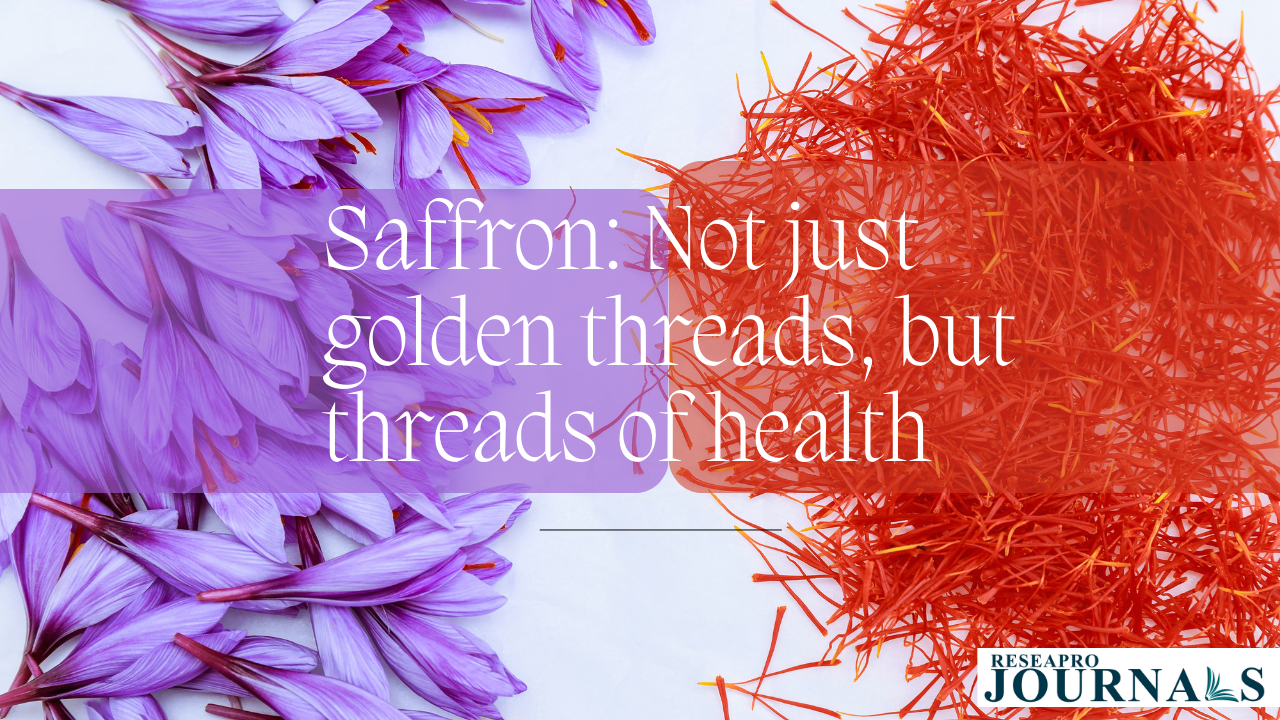|
Getting your Trinity Audio player ready...
|
Saffron contains an impressive variety of plant compounds. These act as antioxidant molecules that protect your cells against free radicals and oxidative stress.
Notable saffron antioxidants include:crocin, crocetin, safranal, kaempferol
Crocin and crocetin are carotenoid pigments responsible for saffron’s red color. Both compounds may have antidepressant properties protect brain cells against progressive damage, improve inflammation, reduce appetite, aid weight loss
Saffron is rich in plant compounds that act as antioxidants, such as crocin, crocetin, safranal, and kaempferol. Antioxidants help protect your cells against oxidative stress.
Saffron is high in antioxidants, which may help kill cancer cells while leaving healthy cells unharmed. However, more human research is needed.
Both eating and smelling saffron appear to help treat PMS symptoms, such as irritability, headaches, cravings, pain, and anxiety.
Saffron may have aphrodisiac properties for both men and women, and it may especially help those taking antidepressants.
Saffron has a subtle taste and aroma, which makes it easy to add to your diet. It pairs well with savory dishes and should be soaked in hot water to give it a deeper flavor. Alternatively, you can purchase saffron in supplement form to reap its benefits.
Facts about why saffron supplements are good for:
1. A powerful antioxidant
2. May improve mood and treat depressive symptoms
3. May have cancer-fighting properties
4. May reduce PMS symptoms
5. May act as an aphrodisiac
6. May reduce appetite and aid weight loss
7. May reduce heart disease risk factors
8. May lower blood sugar levels.
9. May improve eyesight in adults with age-related macular degeneration (AMD).
10. May improve memory in adults with Alzheimer’s disease.
11. Easy to add to your diet




